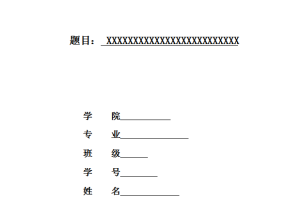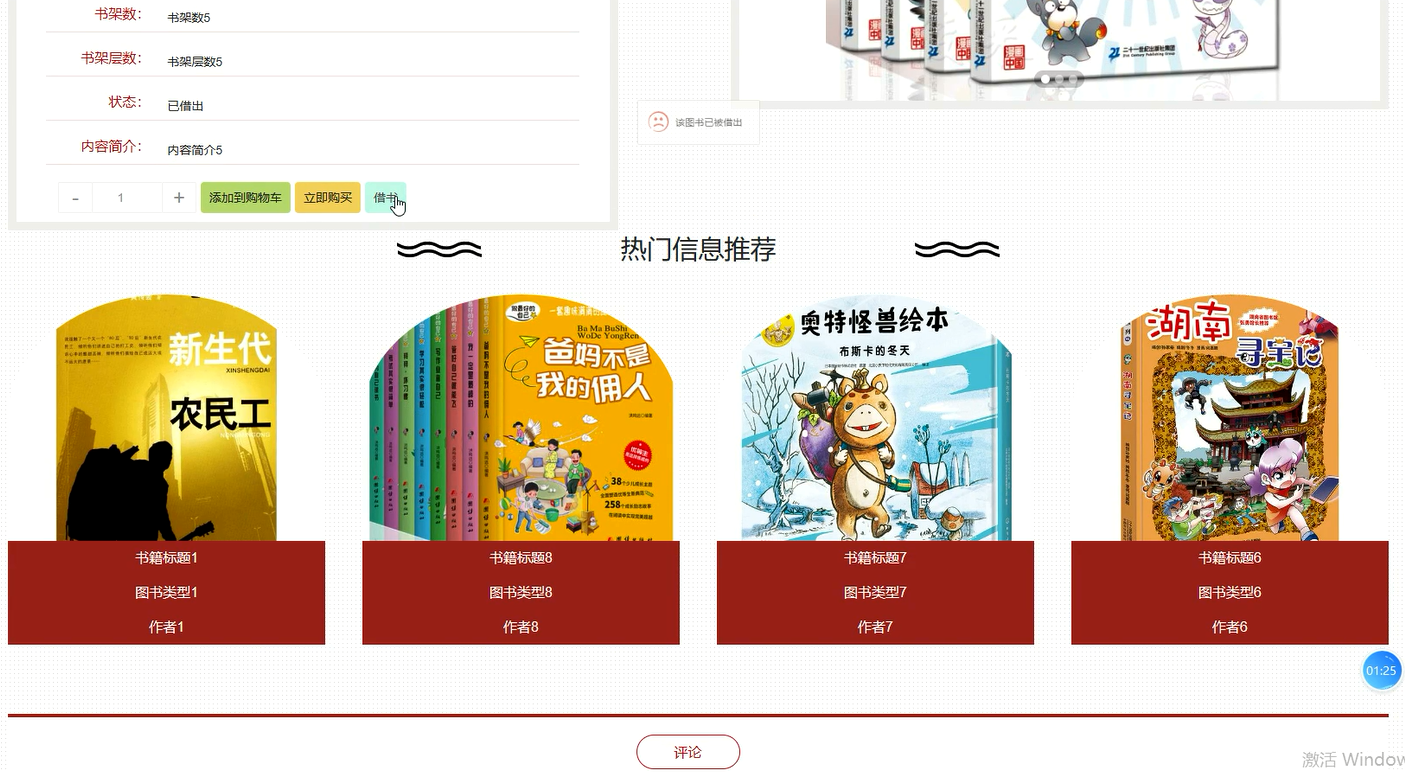Abstract
Tang poetry is so excellent and of such a large sum that it is a precious cultural heritage of Chinese civilization in ancient time. It appeals so many people all over the world that more and more Tang poems have been translated into other languages, mostly into English. Nevertheless, since the translatability of poetry has been the most controversial issue in the translation circle, whether a Tang poem is translatable or not is now still in debate.
An American poet Robert Frost ever said, “Poetry is what gets lost in translation.” In this sense, something in Tang poetry will get lost after being translated into English. Here comes the untranslatability of Tang poems in English translation. Tang poetry is the harmonious unity of beautiful sound, well-balanced form and implicit sense so that it is very difficult to translate them into other languages satisfactorily. English is intonation language while Chinese is tone language so that they are dissimilar in sound; English spelling words are alphabetic writing while Chinese square characters are ideographic so that they are dissimilar in form; English was born and develops in western cultural background while Chinese in oriental so that they are dissimilar in sense. Based on the differences above, a conclusion is made naturally in the article that in the process of translating Tang poems into English, there is some untranslatability, namely, sound untranslatability, form untranslatability and sense untranslatability.
In fact, the study on the untranslatability of Tang poetry still has a great room for development, as it remains an unsolved problem. In this thsis, however, talking about the untranslatability of Tang poems in English translation is not against the translation work of Tang poems but for the better translations of them.
Key Words: Tang poems untranslatability sound untranslatability
form untranslatability sense untranslatability
摘 要
唐诗作品数量巨大,质量优秀,是中国古代文明珍贵的文化遗产。世界上无数的人为它所吸引,并且将越来越多的唐诗翻译成其它语言,尤其是翻译成英语。然而尽管如此,由于诗歌的可译性一直以来都是翻译界最有争议的问题,唐诗是否可译在今天仍然存在值得斟酌的地方。
一位美国诗人罗伯特●弗罗斯特曾经说过,“诗是在翻译中失去的东西。”从这个意义上来说,唐诗被翻译成英语之后,其中的某些东西会有所丢失。这就是唐诗英译的不可译性。唐诗音韵优美,结构匀称,意义含蓄,是音、形、意三者的和谐统一体,因此将唐诗翻译成其它语言,很难做到令人满意。英语是语调语言而汉语是音调语言,因此二者音不同;英语单词属拼音文字而汉语方块字属表意文字,因此二者形相异;英语在西方文化背景中诞生并发展,而汉语则是在东方文化背景中,因此二者意有别。基于以上几个不同点,文中便自然作出了如下总结:唐诗在英译过程中存在着不可译性,即音不可译,形不可译和意不可译。
事实上,关于唐诗的不可译性方面的研究,发展空间依然很大,因为这是一个尚未得到解决的问题。然而,作者在本论文中谈论唐诗英译的不可译性,并非要反对唐诗的翻译工作,而恰恰是为了让译者更好地翻译唐诗。
关键词:唐诗 不可译性 音不可译 形不可译 意不可译
Contents
Acknowledgements……………………………………………………..……………..i
Abstract (English)…..…………………………………………………..………………ii
Abstract (Chinese)………………………………………………………………..……iv
- Introduction………………………………………………………………………….1
- Untranslatability…………………………..………………………..….……………3
2.1 Definition of untranslatability..………..…………….……………………………3
2.2 Untranslatability in literature…….………………………………………………4
- Untranslatability of Tang poems…………………………………………………….6
3.1 Characteristics of Tang poems….……………………………….………………6
3.1.1 Beauty in sound……………………………………………………………7
3.1.2 Beauty in form…………………………………………………………….9
3.1.3 Beauty in sense…………………………………………………………..10
3.2 Causes of untranslatability of Tang poems in English translation….….………12
3.2.1 Cause in sound……………………………………………………………12
3.2.2 Cause in form…………………………………………………………….14
3.2.3 Cause in sense……………………………………………………………14
- Analysis on the untranslatability of Tang poems in English translation…………..16
4.1 Analysis on sound untranslatability…..………………………….……………..16
4.2 Analysis on form untranslatability……………………………………………………………19
4.3 Analysis on sense untranslatability……………………………………………………..……21
- Conclusion…………………………………………………………………………22
References………………………………………………………………..…………..24





